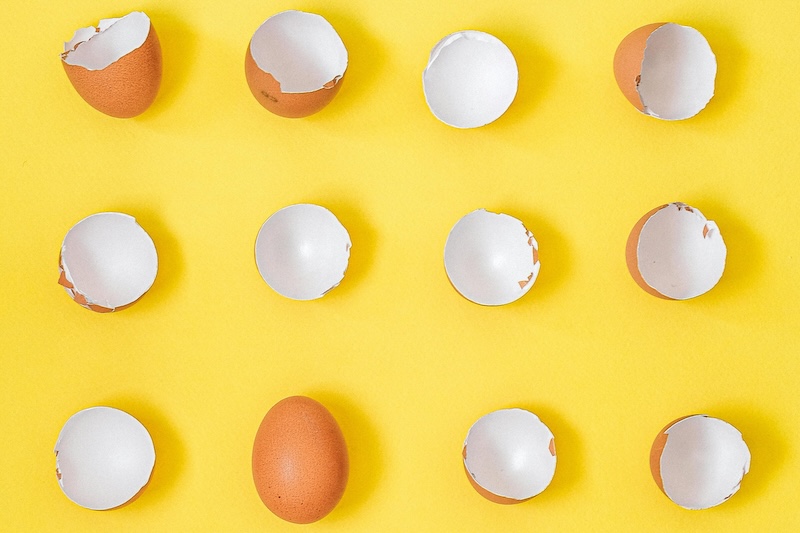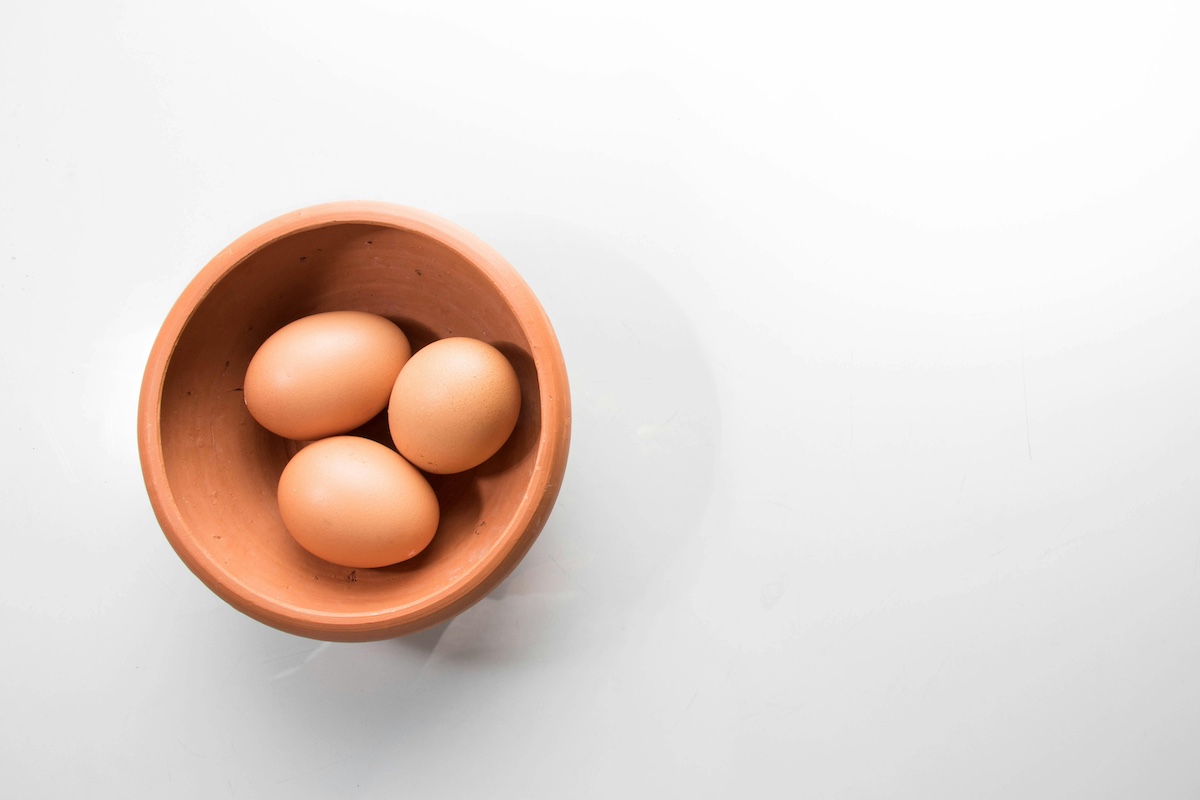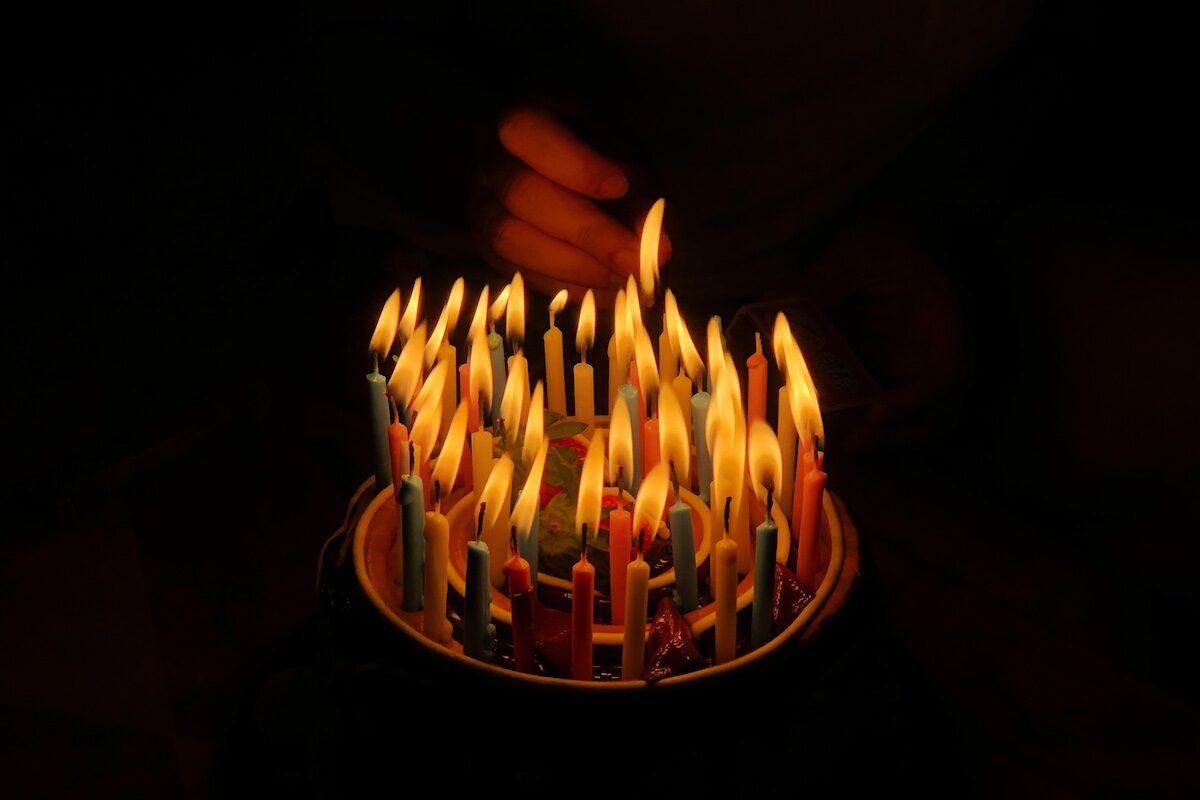Hi Gillian, my twin sister had one child at 40, with the help of IVF. She wants another one, but according to her doctor, she won’t be able to, even with IVF, because her AMH (anti-Müllerian hormone) is too low and she has no eggs left. She asked me if I could be an egg donor. I had two kids, at 34 and 40, and getting pregnant was quick and easy. However, I’m now 44, and I doubt that this can work and that this is a good idea. Even if I have eggs left, wouldn’t they be too old and have higher chances of fetal abnormalities? And how do I even find out if I can donate? Thank you.
—Old Eggs
It is amazing that you are considering being an egg donor for your sister! The first step in pursuing egg donation is to understand the laws in your state. In my state of New York, both anonymous and known egg donors go through the same screening process and must be between the ages of 21 and 35. Depending on where you live, then, it’s possible you would not qualify.
If you do qualify in your state, the next step is to meet with a reproductive endocrinologist. They can evaluate your current reproductive status and determine whether egg donation is a possibility for you. These specialists would not only guide you through the process of retrieving your eggs but would also fertilize those eggs with sperm — either your sister’s partner’s or donor sperm if she doesn’t have a male partner — and then implant one of those embryos in your sister’s uterus.

Unfortunately, it is unlikely that your sister will be able to become pregnant with one of your eggs. As you suggest, your age is a significant factor in how successful your sister would be in conceiving a viable pregnancy with one of your eggs. In a large retrospective study, researchers looked at the likelihood of individual human embryos resulting in a live birth. Eggs retrieved from women under age 35 had a 26% chance of resulting in a live birth. Eggs retrieved from women over age 42 had a 1% chance of resulting in a live birth.
Looking at this another way, a second study assessed how many eggs need to be retrieved from women of different ages to achieve one live birth. Women under age 30 at the time of retrieval who retrieved 6 to 11 eggs had a 30% to 34% chance of giving birth using those eggs. Women ages 40 to 44 who retrieved 15 to 17 eggs had an 11% to 12% chance of giving birth with those eggs.
While it is very generous of you to consider donating eggs to your sister, there may be legal and biological constraints that would prevent you from doing so.
Community Guidelines




















Log in
Your sister does not “have no eggs left.” AMH is a measure of egg quantity and quality, but it’s related to how many eggs she would get through IVF, not the possibility/impossibility of conceiving at all. I would recommend the website “to make a mommy,” which distills information from the book “It starts with the egg,” and also having a fertility consultant such as Heather Huhman look at her records. If she’s younger, she may be the better source of eggs (or not– have your AMH tested!) CNY Fertility is willing to work with everyone, even tough cases.
This is a great discussion! Just wanted to add that embryos are transferred during IVF, not implanted. Many embryos don’t successfully implant, leading to failed transfers.